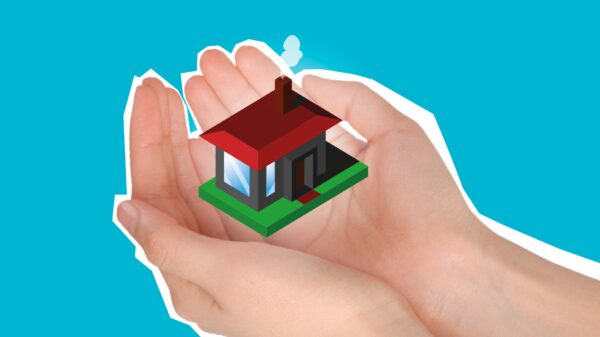Applying for a mortgage can be an exciting step in the home buying process but also very nerve-wracking. The most important part of a successful mortgage application is putting together a solid plan and knowing what information is needed on your loan application. As many new homeowners will tell you, the application process doesn’t need to be stressful and confusing. You can follow some steps to set yourself up for success and make the application process smooth. Here are some handy tips.
Read Your Credit Reports
Before you begin the house-hunting process, don’t forget to check your credit reports. How healthy your credit is will affect how easily you can qualify for a mortgage and what you pay for the loan. Secure credit reports from the three major credit bureaus: Equifax, Experian, and TransUnion.
Calculate how Much You Can Afford to Pay
To calculate how much you can afford to pay, consider the amount of your gross monthly income that goes toward debt repayment each month. For example, if half of your gross pre-tax income goes to debt repayment, you have a debt-to-income (DTI) ratio of 50%, which is on the higher side. Try to maintain a DTI ratio of under 41% to qualify for mortgages.
Select a Loan Type
Before deciding which loan would best suit your needs, you should consider the type of mortgage loan available to you. For example, conventional mortgages are backed by private institutions, while government-backed loans such as V.A. and FHA loans are provided by U.S. government agencies for people with lower credit scores. Pick the loan with the best terms.
Consider the Interest Rates
Another important consideration is choosing between a fixed-rate loan and one with a variable interest rate. With a fixed-rate loan, your mortgage payment will remain the same throughout the term of your loan. A variable-rate mortgage is generally less expensive in the first few years. Based on the current market, the interest rate will increase or decrease over time.
Consider the Loan Term
You should consider the length of your loan when deciding how much to borrow. A short-term loan will save you money because it will allow you to pay off your loan sooner and therefore reduce interest charges. However, this also means that your monthly payments will be higher. Taking a longer-term loan, in this case, would allow you to borrow more and thus afford a more comfortable lifestyle, although this would mean paying higher monthly payments for your home.






























